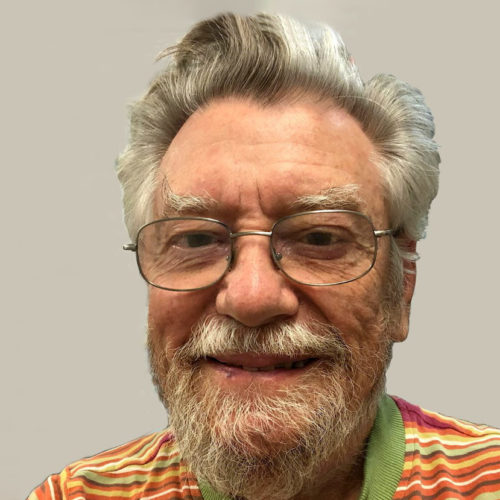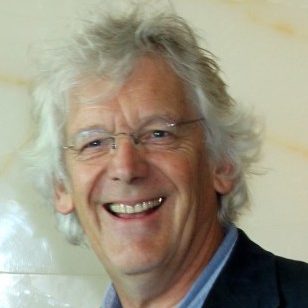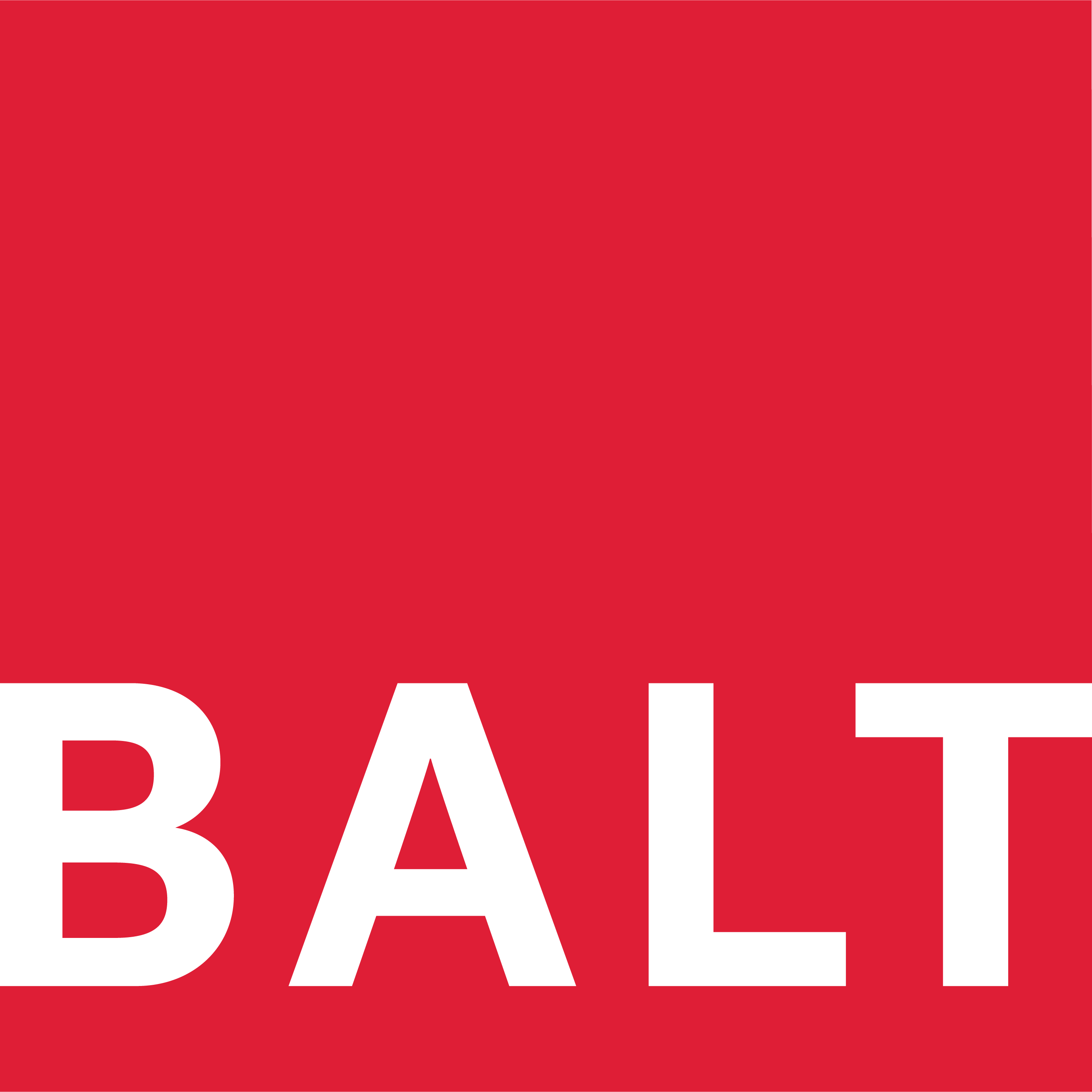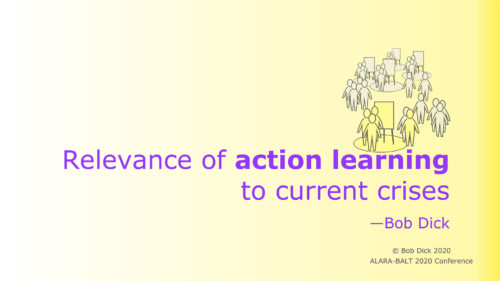| Bob Dick (Australia) | Paper presentation 14 The relevance of action learning to the world’s current existential crises |
| Dr Marc P. Lammerink FMD Consultants (Portugal) |
Workshop 4 Training of practitioners of participatory action research for a more sustainable world – Approach, perspectives and praxis |

Bob Dick
Australia
The relevance of action learning to the world’s current existential crises
It has been evident since the 1960s that bureaucratic hierarchies struggle to adapt as the pace of change increases. Why is it, then, that so few organisations succeed in escaping hierarchical structures? Some do escape, and enhance their performance when they do so. Why, then, are so few of them imitated? Why do some who change, successfully, later revert — even though their performance then suffers?
Part of the explanation, I propose, is that many of our attitudes and beliefs remain anchored to our hierarchical past. Those attitudes and beliefs inhibit our ability to change our organisations.
Many action learning teams do operate successfully in less-hierarchical or non-hierarchical ways. Within an action learning team, members have an opportunity to develop the appropriate attitudes and beliefs. The team becomes the seed bed for organisational change.
For many decades now I have been experimenting with approaches to action learning that are well suited to turbulence and uncertainty. In this presentation we will discuss some of the approaches that have been most successful. We will consider how best to achieve good task outcomes, enjoyable engagement of team members, shared leadership, and more effective collaboration.
There is increasing evidence that, as a species, we are more caring and compassionate and collaborative than we often seem to believe. These tendencies are elicited, or not, by context and situation. Action learning can provide the eliciting context. The resulting attitudes and actions will then also equip us to manage more effectively the volatilities and crises threatening our present and future world.

Dr Marc P. Lammerink
FMD Consultants
Portugal
Training of practitioners of Participatory Action Research for a more sustainable world – approach, perspectives and praxis
Schooling in Action Research is often seen as a process by which “experts” pass on their skills to “non-experts”. However, useful training in the field of Action Research should enable people to build upon their own experiences and skills, and to participate actively in the learning process.
For implementing such training, author owes much to political commitment and social imagination of Latin American activists-intellectuals and their practice in popular education, participatory research and theatre of the oppressed. Presenter has adapted this learning in training and research also in Africa and Asia since early nineties.
For training in Action Research we adopted a ‘process approach to learning’. This aims at raising the professional capabilities of practitioners by refining their knowledge, skills, attitudes and awareness. However, the ultimate aim is to empower people for action to change their environment for the better.
Underlying principles of this approach are those of discovery/action learning. Experiences are seen as an important source of learning. This means starting with the participants and their experiences gained in their home and work and not with theory brought up by the “experts”. It does this through workshops, study circles, and fieldwork, rather than through conventional teaching with chalk and board, or overhead sheets.
This paper presents some of these experiences to train practitioners in Participatory Action Research for a more sustainable world.
One is the training of researchers in the regional research program for development (ADESO) in North-Nicaragua, called “Participatory experiences to strengthen local initiative”. It consisted of three interrelated training cycles, with periods of praxis in between before PAR projects started.
Another is a 9 months’ Postgraduate course “Forestry for Rural Development”. Traditional foresters from countries world-wide got involved into social forestry in which local peoples’ experiences are building blocks for sustainable development.

